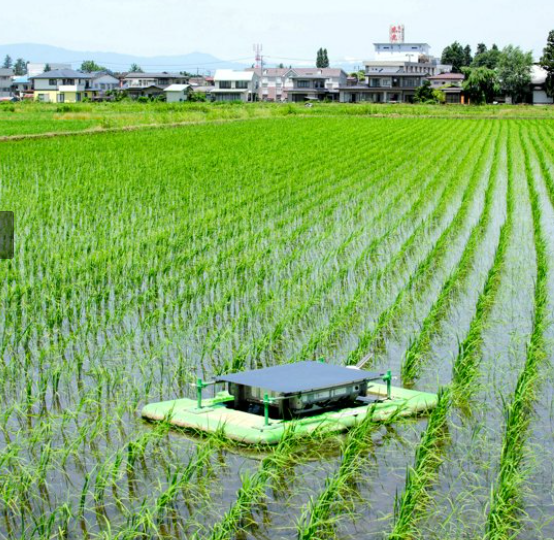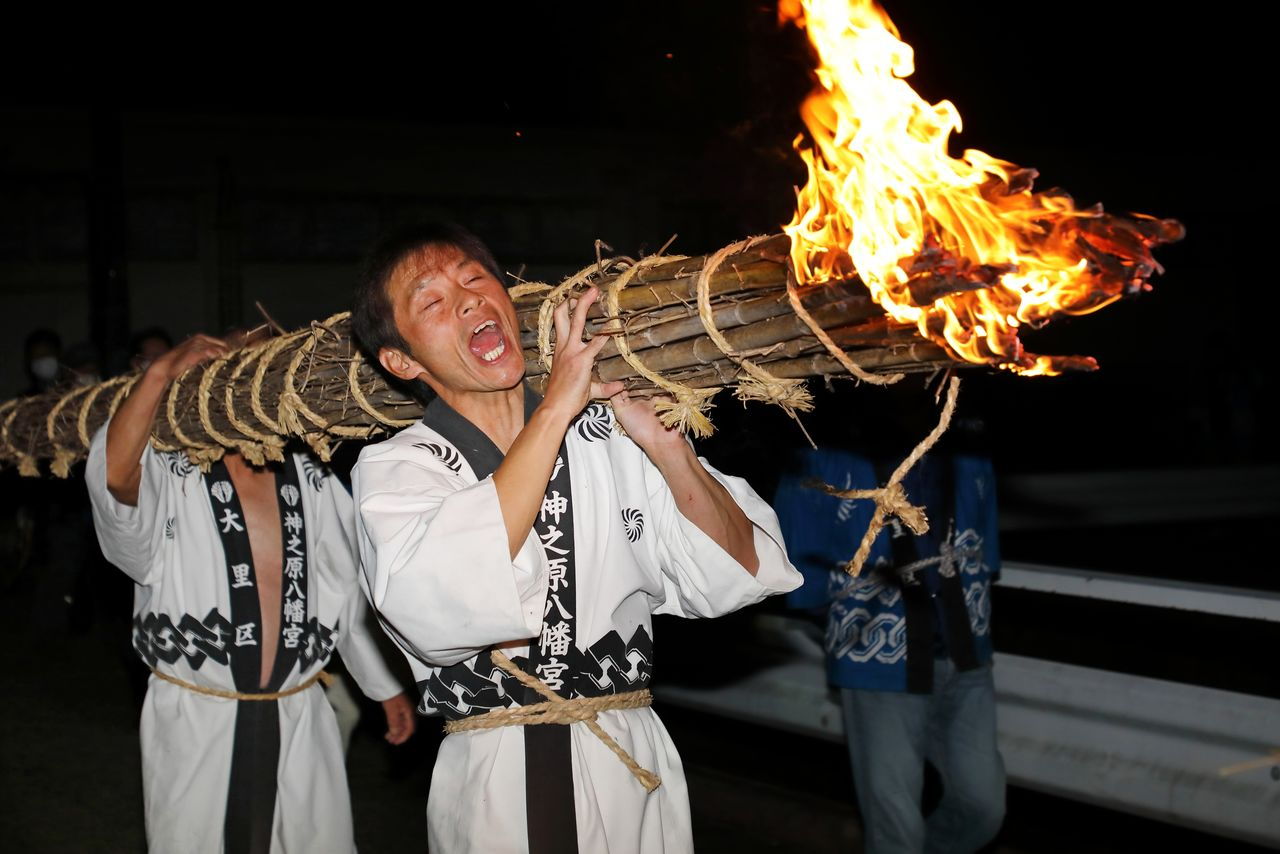
Kojima Sohonten, a long-established sake brewery in Yonezawa, Yamagata Prefecture, is famous for its Toko brand and produces carbon-neutral sake that does not emit carbon dioxide (CO2), and has received awards for its efforts as an environmentally friendly company. It was selected as the Excellence Award at the EcoPro Awards. Last year, the company won numerous awards overseas, and attention at home and abroad continued to grow.
The EcoPro Award is hosted by the Sustainable Business Promotion Organization and this year marks the seventh year. Kojima Sohonten’s “Recycling sake brewing through carbon neutrality x smart agriculture” was selected as one of the five awards of excellence from a total of 49 nominations, following five ministerial awards including the Finance Minister Award and the Finance Minister Award, and won the Environmental Award.
The company was praised for its efforts to achieve decarbonization in various aspects, such as establishing a recycling cycle for sake brewing using renewable energy and producing sake rice without the use of pesticides using an automatic weed control robot. At the award ceremony held in Tokyo on the 6th, President Kenichiro Kojima (44) accepted the certificate from the organizer.
The company was founded in 1597 (Keicho 2), and President Kojima is the 24th generation. After becoming president in 2015, the company has actively expanded its overseas business, and currently exports to about 25 countries and regions. Around 2018 or 2019, as he continued to have conversations with people in Europe and the United States who were highly aware of the global environment, his own awareness changed significantly.
”In order to reduce the amount of glass used in glass production (glass has a great impact on the environment), champagne bottles have become lighter and spirits bottles have begun to be made of materials other than glass.” People in Europe and the United States felt a sense of crisis that they had to change, even if it meant giving up participation, and I felt that my own attitude was questioned. “
In 2021, the company began supplying sake lees as a raw material for power generation to the Nagameyama biogas power plant (Iitoyo-cho, Yamagata Prefecture), which produces renewable energy by fermenting cow dung. In February 2013, the company switched its sake brewing electricity to electricity from the same power plant, reducing CO2 emissions by two-thirds. The remaining one-third of emissions from the heavy oil boilers were covered by the government-certified J-Credit system, and carbon neutrality was achieved in September of the same year.
These efforts have been highly praised in Europe and the United States, and in December of the same year, they won the top prize in two categories at THE DRINKS BUSINESS GREEN AWARDS, sponsored by the world’s largest alcoholic beverage news website, and in June 2017 of this year, they won the Yamagata Prefecture Environmental Protection Award and received the Governor’s Revitalization Award.
“It’s great that our efforts have been recognized with the help of local people.” President Kojima said the company will continue to explore ways to decarbonize heavy oil boilers using energy. “Creating a new cycle takes time and effort, but I want to continue to do it steadily.”
Before the EcoPro awards ceremony, it was announced that Japan’s traditional sake brewing will be registered as a UNESCO Intangible Cultural Heritage. “I feel that the number of people drinking sake is increasing around the world. I hope that the habit of understanding and enjoying Japanese culture can be preserved in Japan for a long time. I will do my best to help more people enjoy it. ” ‘I want to. ” President Kojima shared his thoughts.




